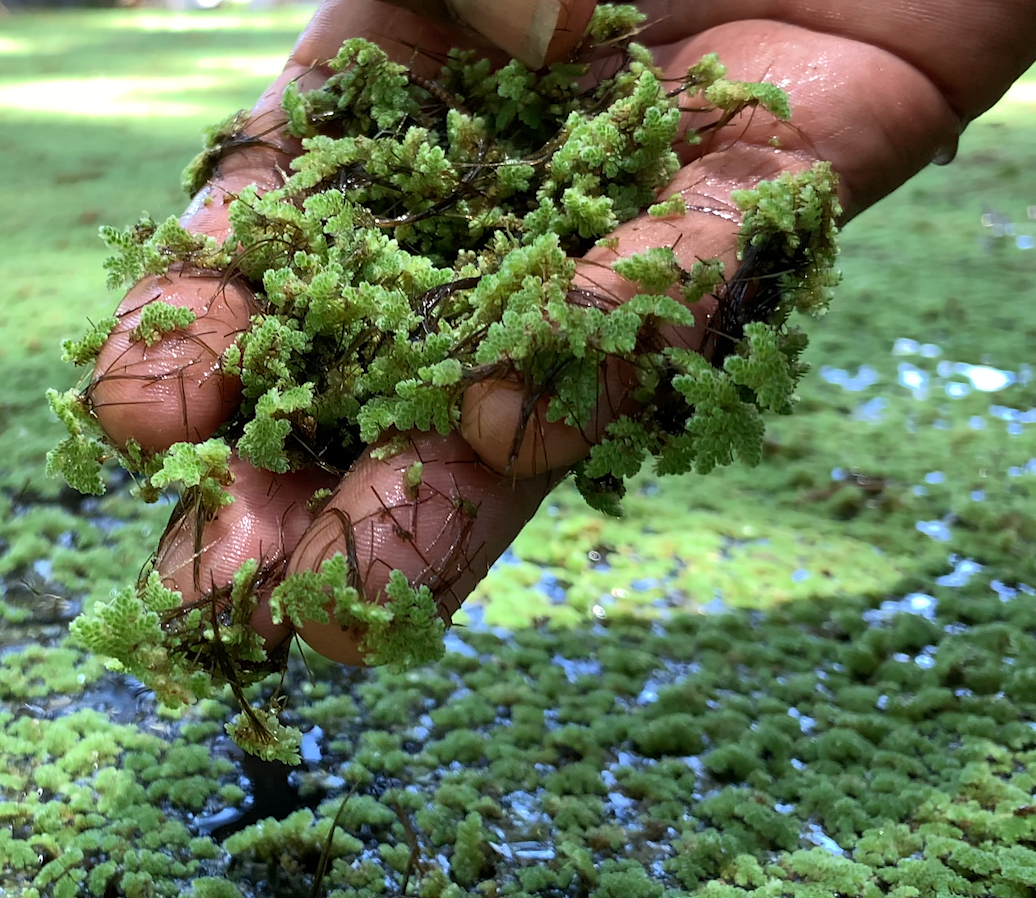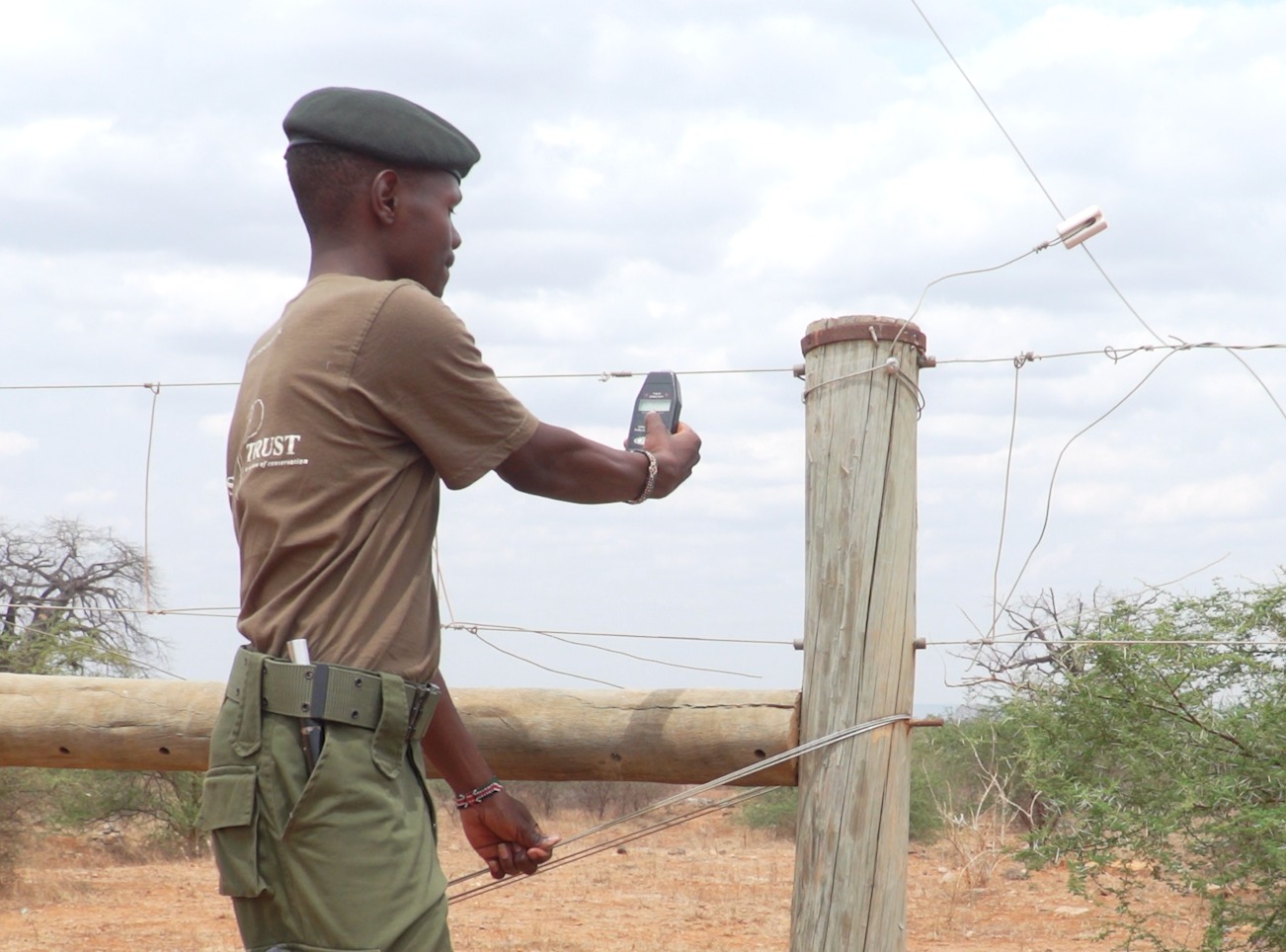Malawi Debates Death Penalty to Halt Attacks on Albinos

Malawian President Peter Mutharika has called for discussions on implementing the death penalty to deter attacks on people with albinism.
False beliefs that the body parts of albinos bring good fortune have led to a series of attacks on them in Malawi. Since 2013, at least 20 albinos have been killed and 130 injured in the southern African country. One of the more recent incidents involved the grisly murder of 22-year-old MacDonald Masambuka, whose body was found dismembered.
Several police officers, a medical officer and a Roman Catholic priest have all been charged in Masambuka’s death.
It has been 24 years since the Malawi government executed a convicted murderer and President Mutharika now wants the nation to re-open debate on when it should be used.
While the country has a death penalty law on the books, it hasn’t been used since the change to a democratic government in 1994. Instead, convicted murderers remain in prison for life, even if they are given a death sentence.
According to Imran Shareef, Chancellor College of the university of Malawi death penalty is the best way to deter potential murderers.
‘’That is cruel because there is no pardon or commutation of the sentence, says Shareef
It “means the person still lives with psychological torture in his mind,” Shareef adds. “What if the incoming president will be willing to sign [a death warrant]?”
Sharing equal sentiments is Ahmed Chiyenda.
“The perpetrators should be taken to an open ground, and they should be executed there while the public is watching,” he said. “It will be dehumanizing at that moment, yes, but they [other people] will also stop thinking of killing each other like what people are doing at the moment.”
The United Nations, however, encourages Malawi to take other approaches to end attacks on albinos.
Maria Jose Torres, the U.N. Development Program’s representative in Malawi, says the U.N. opposes the death penalty.
“First, because it undermines human dignity,” she said. “Second, it is because it is irreversible, meaning that innocent persons can be executed but if they prove she or he was innocent, it will never be reversible. And, thirdly, there is no conclusive evidence that death penalty is the deterrent to future perpetrators.”
Instead, Torres said, Malawi should strengthen its justice system to ensure that killers receive tough sentences.
Hetherwick Ntaba, who leads the government’s technical committee tasked with ending attacks on people with albinism, said the topic is a contentious one.
“You know, there are some [people in the] international community, some people of our own, saying ‘No, no, no, we should not implement that.’ So it’s not that simple, it’s not that straightforward,” he said.
And while it’s debated, Ntaba says the government will continue to look for new approaches to end attacks on albinos.






